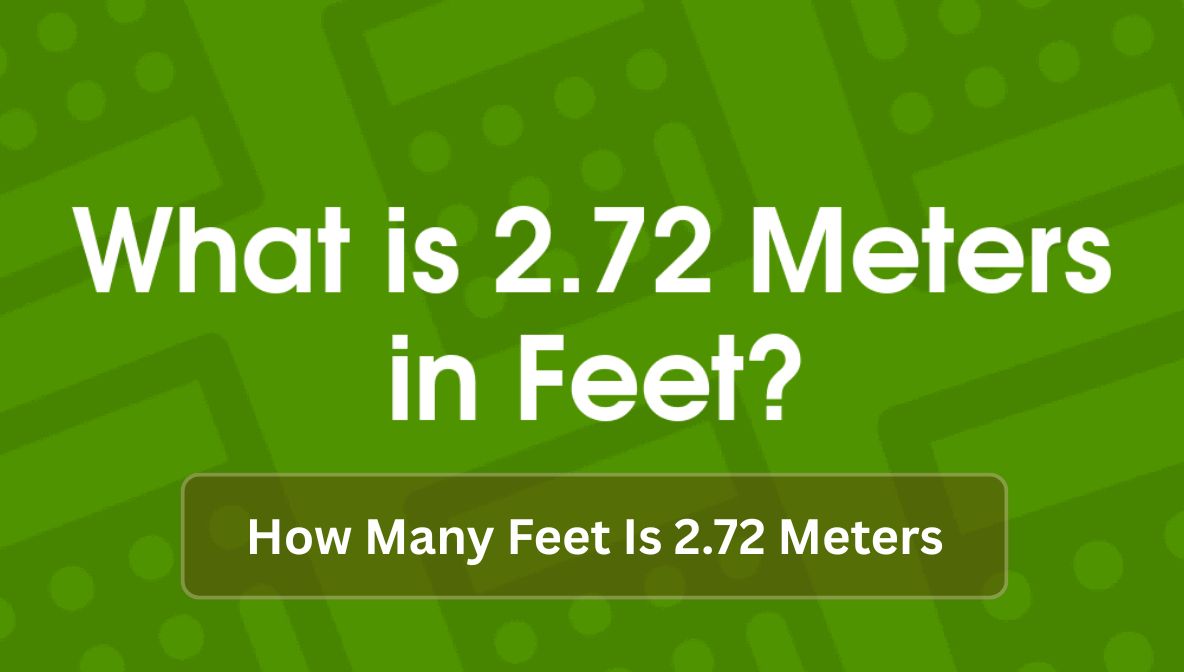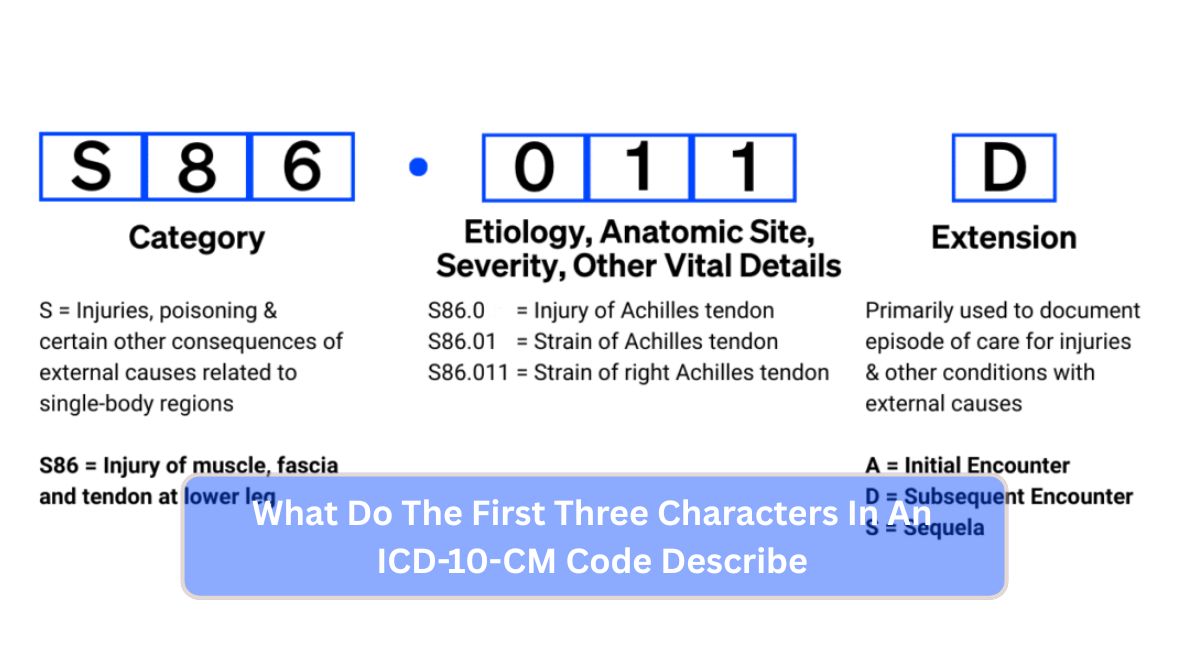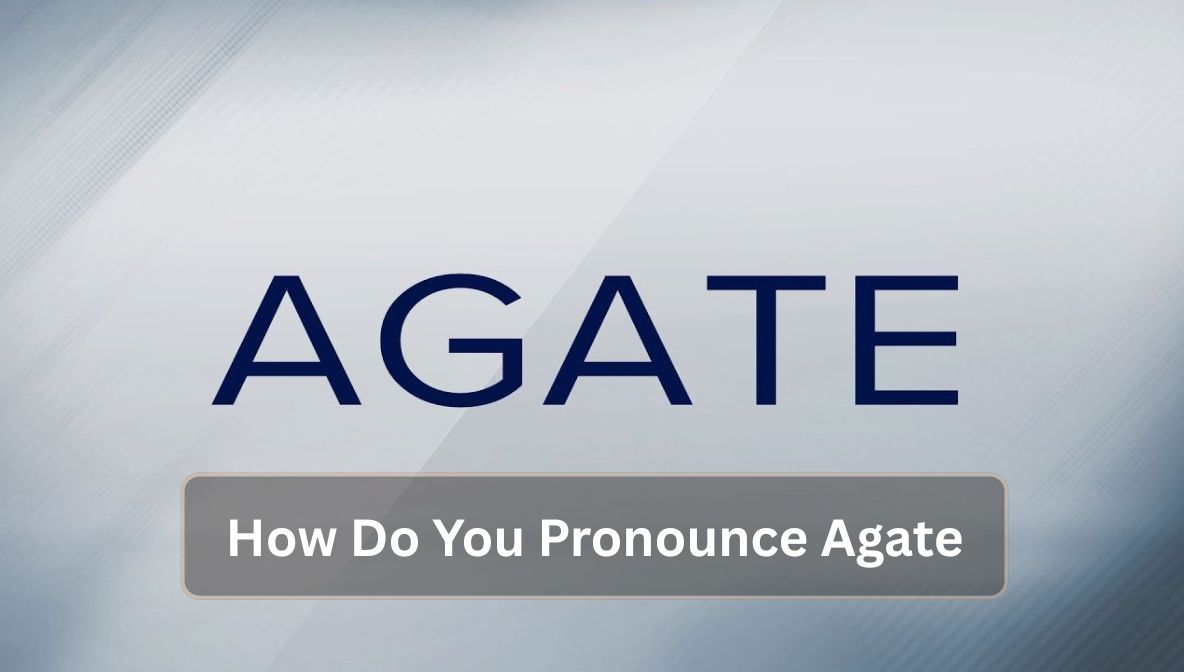The English language can sometimes be confusing, especially when it comes to pronunciation. One word that many people find tricky is “armament.” This word is used frequently in military and defense contexts, and knowing how to pronounce it properly is important in both conversation and professional settings. Whether you’re learning English or improving your vocabulary, this blog will help you understand how to pronounce armament in a simple and effective way.
Pronunciation is essential in clear communication. If you mispronounce a word, it can lead to misunderstandings. That’s why learning the correct way to pronounce armament is crucial, particularly if you work in journalism, teaching, international business, or the military field.
Let’s break it down together and ensure you never second-guess this word again.
Key Points:
-
Armament is a common English word used in defense and military discussions.
-
Correct pronunciation improves understanding and confidence.
-
Knowing word stress and syllable sounds is the key to getting it right.
What Does “Armament” Mean and Why Is It Important?
Before we get into how to pronounce armament, let’s talk about what it actually means. Armament refers to military weapons and equipment. It can also describe the process of equipping a military force with weapons. For example, you might hear someone say, “The country increased its armament during the conflict,” or “The army is focusing on new armament technology.”
Knowing how to pronounce this word properly ensures that when you speak about military topics, you sound professional and informed. This is especially important in formal presentations, news reporting, or international dialogues.
Let’s break the word down:
-
Armament has three syllables: AR-ma-ment.
-
The primary stress is on the first syllable: AR.
Table 1: Word Breakdown
| Syllable | Sound | Example Pronunciation |
|---|---|---|
| AR | /ˈɑːr/ | Like “car” |
| ma | /mə/ | Like “mother” |
| ment | /mənt/ | Like “moment” |
This structure shows that the stress is on “AR,” and the rest of the word flows with softer, shorter vowel sounds. Practicing each syllable helps in mastering the full word.
Reminder: Always place stress on the first syllable when saying “armament.” Saying it otherwise will sound awkward to native speakers.
How to Pronounce “Armament” in British and American English?
Even though English is one language, pronunciation can vary between regions. The two most common versions are British English and American English. Both versions are acceptable, but they have slight differences in how they sound.
British Pronunciation:
-
Phonetic: /ˈɑː.mə.mənt/
-
In this version, the “r” is softer, and vowels are more elongated.
-
Example sentence: The UK increased its armament during the war.
American Pronunciation:
-
Phonetic: /ˈɑr.mə.mənt/
-
In American English, the “r” sound is more pronounced.
-
Example sentence: The U.S. is discussing new armament policies.
Comparison Table: British vs. American Pronunciation
| Feature | British English | American English |
|---|---|---|
| “R” Sound | Soft or silent | Pronounced clearly |
| Vowel Style | Longer vowels | Shorter vowels |
| Rhythm | Even and slow | Quicker and clipped |
Note: It’s perfectly fine to use either pronunciation as long as it is consistent in your speaking style.
Both pronunciations are understood worldwide, so choose the one that feels more natural to you.
Why Do People Mispronounce “Armament”?
There are several reasons why people struggle with the word “armament.” First, it is not a word used in everyday conversations unless you’re in military or academic environments. Second, it contains three syllables with subtle vowel sounds that can be easily misunderstood or skipped.
Some common mispronunciations include:
-
“AR-ma-nent” (misplaced stress)
-
“AR-men-ment” (added syllable)
-
“AR-man-ment” (incorrect vowel)
These mistakes usually occur because:
-
English is not their first language.
-
They have only read the word, not heard it.
-
They are unsure of where to place the stress.
How to Fix It?
-
Listen to native speakers using the word.
-
Break the word into syllables and repeat slowly: AR – ma – ment.
-
Use apps like Google Translate or Forvo to hear it in real voices.
Example Practice:
Say this aloud slowly — “The government focused on new AR-ma-ment strategies.”
Repeat it 3–5 times for fluency.
Can Listening and Speaking Practice Improve Pronunciation?
Absolutely! Repetition and listening are two of the most effective ways to improve pronunciation. When it comes to a word like armament, hearing it used in different contexts and repeating it helps build confidence and accuracy.
Try the following methods:
-
Use pronunciation videos on YouTube where native speakers demonstrate the correct way to say “armament.”
-
Record yourself saying the word and compare it with the audio clips.
-
Practice saying it in different sentences.
Example Sentences:
-
“The country’s armament plan was revealed today.”
-
“He studied the history of armament in World War II.”
By using it in sentences, your brain connects meaning with sound, and that makes the pronunciation natural.
Reminder: Even if you make mistakes in the beginning, regular speaking practice will make you fluent over time.
What Are Some Similar Words to Practice Alongside “Armament”?
Learning words with a similar structure can help you pronounce “armament” more easily. Here are a few examples:
-
Armory – A place where arms are kept.
-
Armistice – An agreement to stop fighting.
-
Armada – A fleet of warships.
-
Armamentarium – A collection of equipment, usually medical or military.
Practicing similar words helps your tongue and vocal cords get used to certain patterns. For instance:
| Word | Syllables | Stress Pattern |
|---|---|---|
| Armament | AR-ma-ment | Stress on “AR” |
| Armory | AR-mo-ry | Stress on “AR” |
| Armistice | AR-mis-tice | Stress on “AR” |
| Armamentarium | AR-ma-men-TAR-i-um | Stress on “TAR” |
As you can see, many of these words follow a similar rhythm. Once you master one, the others become much easier to pronounce and remember.
Conclusion: Mastering the Pronunciation of Armament
Learning how to pronounce “armament” correctly might seem like a small detail, but it can make a big difference in your communication. It shows that you are educated, clear, and confident. In professional conversations, pronunciation reflects your credibility and command over the language.
Remember the core points:
-
Break the word into syllables and place the stress on the first one.
-
Practice both British and American versions to find what suits you.
-
Use repetition and comparison with similar words to strengthen your memory.
By following these steps and practicing regularly, you will master the pronunciation of armament without hesitation. Keep learning and expanding your vocabulary — every word you pronounce correctly is a step toward fluency.
FAQ’s
1. What Is the Correct Way to Pronounce Armament?
The correct pronunciation is /ˈɑr.mə.mənt/ with stress on the first syllable “AR.”
2. Is There a Difference Between British and American Pronunciation of Armament?
Yes. In British English, the “r” is softer: /ˈɑː.mə.mənt/. In American English, it’s more pronounced: /ˈɑr.mə.mənt/.
3. Why Is Armament Difficult to Pronounce for Some People?
It’s often mispronounced because of its uncommon usage and confusing syllable stress. Many learners also confuse the vowel sounds.
4. Can I Use Voice Apps to Learn the Pronunciation of Armament?
Yes. Apps like Google Translate, Forvo, and YouGlish are excellent tools for hearing native pronunciation.
5. What Are Some Tips for Practicing the Word Armament?
Break the word into syllables, listen to native speakers, repeat it in full sentences, and compare with similar words like “armory” and “armistice.”




